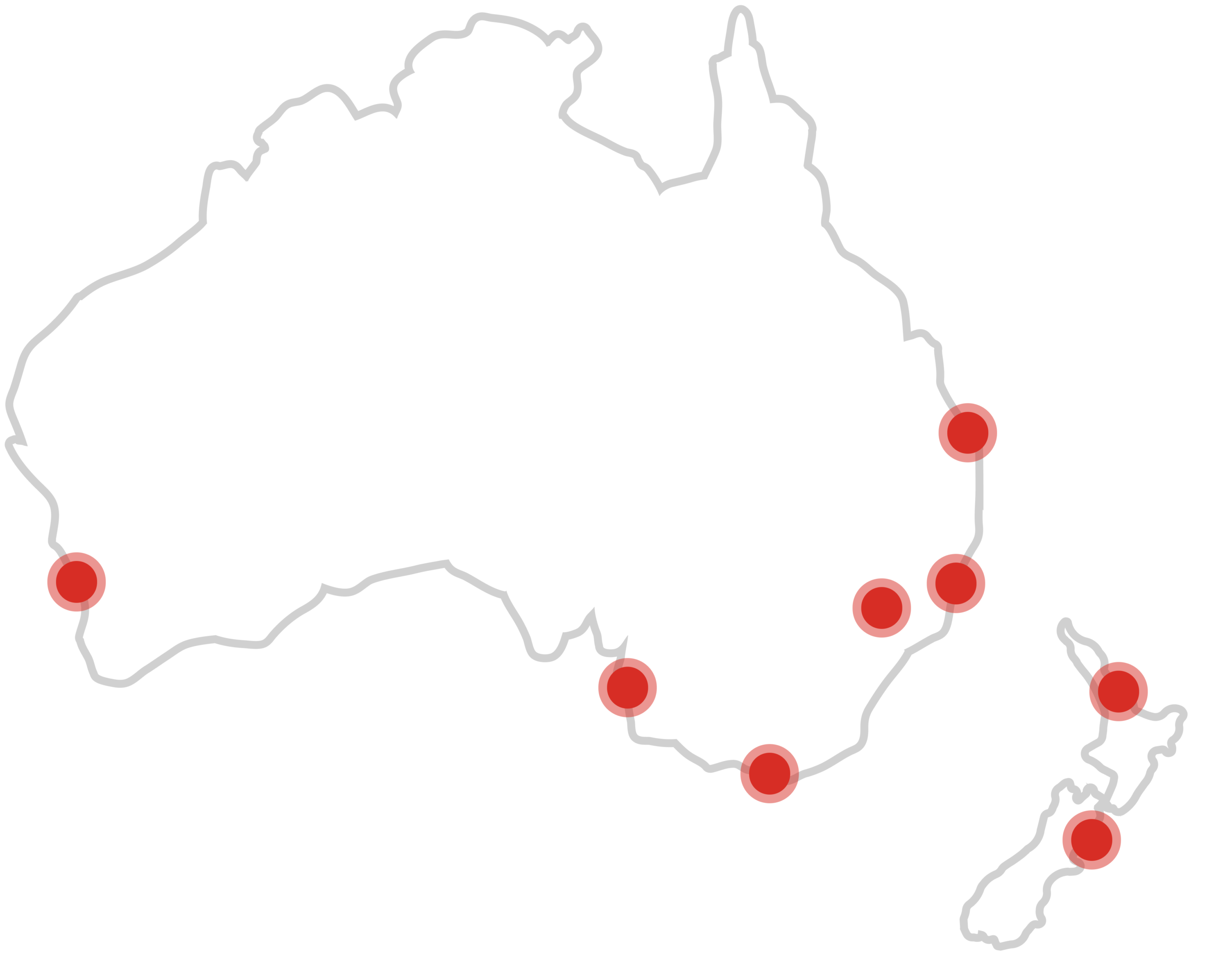At a Glance
The client is an online platform goods provider with an extensive inventory of complementary medicines. They are a small team with varied backgrounds as practitioners in customer service, warehouse management, design, development and other related fields.
They hope to strengthen the relationship between consumers, healthcare practitioners and effective complementary medicines with the long-term goal of making these professional health resources more accessible and improving health outcomes for everyone.
Efficient Parcel Delivery and Address Validation
In 2022, a study published by Hootsuite and We Are Social about Australia’s eCommerce landscape indicated that 52.7% of internet users purchased goods or services online. The desire for easily accessible and convenient e-commerce platforms has grown significantly during and after the pandemic. Adapting to the online business landscape will be crucial for businesses.
Making Healthcare More Accessible
E-commerce is an opportunity to make medicine and healthcare more accessible. While this does pose some challenges when ensuring suppliers adhere to regulations and deliver products on time, it also has plenty of potential for making life-saving medication available with minimal effort on the patient’s part.
The Challenge
This client went without address validation for ten years. They manually validated the address of each parcel before sending it to the Australia Post for delivery.
Apart from the additional time and labour that went into manual verification, many parcels were returned because the addresses were not formatted properly. To remedy the situation, the client would contact each customer individually to clarify their address before resending the package at the company’s expense.
At this point, the client was struggling with building relationships with their customers because of the delays in delivery. They were also losing more money every year from resending packages.
The client was discouraged after their first foray into Predictive Address capture because some addresses were unreliable and some post boxes were missing.
When they found us, the client asked for reliable software that could validate incoming addresses and batch process existing ones.
The Process
In 2022, the client reached out to DataTools for more information on the following:
- Real-time Australian postal address validation service API
Validation for existing address data
- Management, frequency and communication of API changes to users
Performance-related metrics
- Additional credits to clean a substantial batch of existing addresses
After several days of back and forth, the discussions with the client ended on a strong note. After just four days of their Kleber trial they committed to a monthly plan and a private Batch Server.
The Impact
Unparalleled Data Validation
The client currently uses Kleber for back-end validation on a custom-built system. This system uses Kleber to cleanse the addresses of all the orders as they are submitted. It can be accessed by their employees and is connected to Australian Post, so that they can officiate the orders before it is packed and sent for delivery.
The client is currently working on integrating Kleber into their website for real-time address validation so they can verify information as health practitioners and patients enter it into the system.
A Competitive Advantage for Healthcare and e-Commerce
In the last five years, the number of digital buyers has increased by 40 percent. Enhancing the buyer experience online will be pivotal to building lasting relationships with the target audience, especially for businesses in e-commerce.
With Kleber, the client reduced the number of packages returned to them. This helped achieve the following benefits:
- They built a robust delivery system in collaboration with Australia Post by automating address validation. This allowed them to save on the cost of manually rechecking and resending each parcel, which was becoming more expensive every year.
- The prescribed medications that healthcare professionals and patients urgently needed would arrive in a timely manner, helping them build long-term relationships with their target audience.





